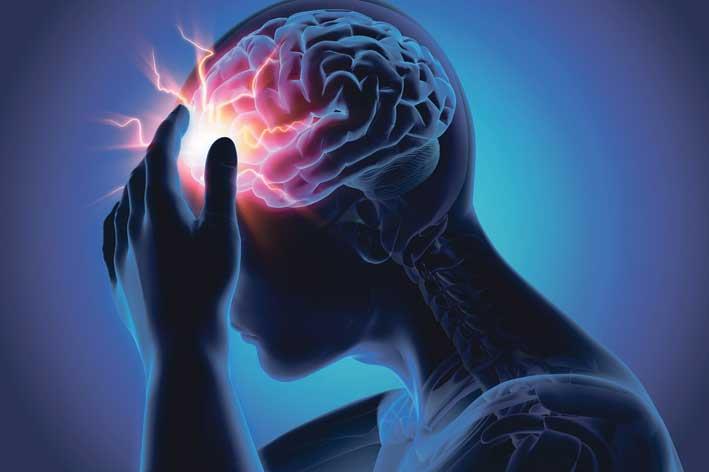What is the common factor among Napoleon, Julius Caesar, Richard Burton, Henry Winkler, Susan Boyle, etc? They all had, or have, epilepsy. In fact, epilepsy is the most common chronic brain disorder and it affects over 40 million people worldwide - one per cent of the world's population.
It has been estimated that there are more than 4,000 people with epilepsy in the Maltese Islands. Many of them are not aware that, in fact, there are over 40 different types of epilepsies and it affects all ages.
The Caritas Malta Epilepsy Association (CMEA) was set up by voluntary workers in 1996 and now lists almost 300 members. In May 2001 it Association was accepted as a full member of the International Bureau for Epilepsy (IBE). It is dedicated to raising awareness on epilepsy through disseminating information on the condition itself to help break the stigmas that have been long reinforced due to popular misconceptions.
The Association also educates people - on a 100 per cent voluntary basis - in various professional sectors such as education, nursing, social services and the police on what characterises an epileptic seizure and how to recognise a seizure in order to provide the appropriate help. It also acts as an advocate for improving local regulations and legislation that enables people with epilepsy to have easy access to good medical care, such as long term medication, and better diagnostic techniques.

The vast majority of people with epilepsy, or at least those who have been diagnosed with epilepsy, have to take anti-epileptic drugs as part of their treatment in the hope of being free of seizures if not of the condition itself. In fact, over 70 per cent do become seizure-free. Yet I, like many others with this neurological condition, frequently come to a crossroads of questions during this process. Some of them - usually the first one is: "Is it enough to just take medication? Is it enough to stick to the regime prescribed by my consultant? Is it enough to get the necessary hours of sleep every night? Is it enough to merely steer clear from alcohol as much as possible and, of course, from hallucinogenic substances?"
Are there other ways in which I can help myself? Is sport one of them? Does - and will - physical activity of my choosing and passion not only put me firmly on the road to becoming seizure-free but also healthy in many other ways at the same time? These questions can be better answered by those who not only take part in such activities on a regular basis - despite having epilepsy and despite the ever-lingering stigma around epilepsy that sport and physical activities in general are a no-go area, or at least restricted for those of us with this condition - but also by those who have spent their entire professional careers studying and making the case that sport and physical activity are not only healthy for the brain in general and for people with epilepsy but also crucial to the aim of becoming seizure-free.
Living a 'normal' life with epilepsy, step by step, has in fact been chosen to be the theme of this year's national conference of the CMEA, which will include discussing and addressing issues such as living with epilepsy in Malta, taking part in sport and leisure activities, living with medication for epilepsy, the role of the family and how research can help.
Not only does this conference coincide with the 20th anniversary of the CMEA, but it also coincides with International Epilepsy Day tomorrow (8 February), when over a hundred more national epilepsy organisations worldwide will together highlight the need to create more awareness of such a common yet so misunderstood and stigmatised condition.
The conference, which will be held next Saturday, 13 February, has been organised in conjunction with the Clinical Pharmacology and Therapeutics Department of the University of Malta. It will be opened by the President of Malta HE Marie Louise Coleiro Preca, Care Malta Director Leonid McKay and CMEA President Frank Portelli. Special guest speakers will include the Italian League against Epilepsy president Professor Giuseppe Capovilla, Ms Sue Mitchell from Epilepsy Action UK, radio/television presenter Trudy Kerr, educator and well-known singer Leontine Spiteri, Dr Anna Micallef, a young medical graduate and paediatrician Dr Stephen Attard. The closing speech will be given by Parliamentary Health Secretary Dr Chris Fearne. This conference will be of interest to people with epilepsy and their relatives and friends and health-care professionals and students, as well as employers and educators.
All those interested in attending this event may apply by completing the online registration form at www.caritasmalta.org/wp-content/uploads/2016/01/Caritas-Malta-Epilepsy-Association-2016-Feb-conf-registration-form-final.pdf
Step by step we can make a difference.